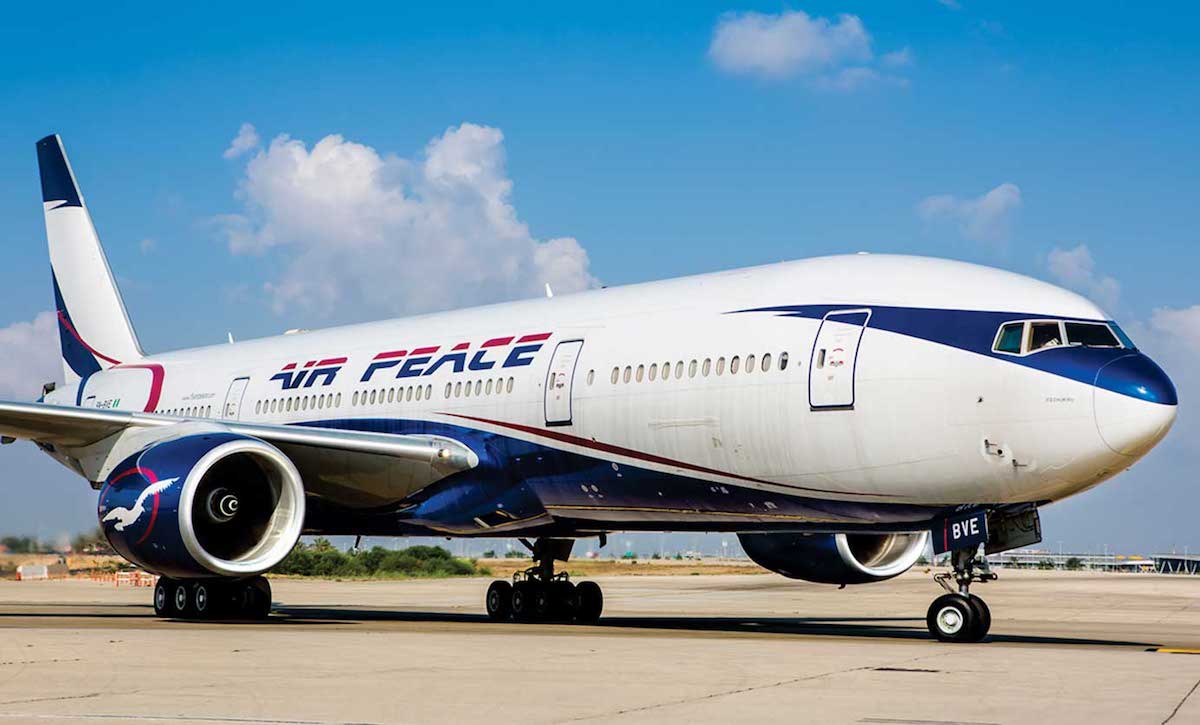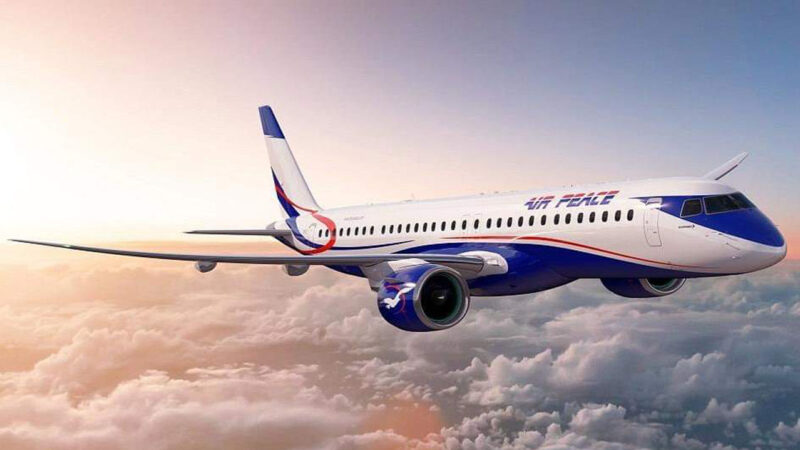IATA launches Turbulence Aware for airlines

Alexandre de Juniac, IATA’s Director General and CEO
The International Air Transport Association has rolled out a new program called Turbulence to assist airlines in detecting and avoiding turbulent areas when planning flights.
The new program is a data resource that helps airlines to forecast and avoid turbulence in real time by pooling and sharing turbulence data generated by participating airlines.
IATA observed that prior to the launch of this new program, airlines only relied on pilot reports and weather advisories to mitigate the impact of turbulence on their operations.
According to Alexandre de Juniac, IATA’s Director General and CEO, pilot reports and weather advisories have limitations due to the fragmentation of the data sources, inconsistencies in the level and quality of information available, and the locational imprecision and the subjectivity of the observations.
He said there is no standardized scale for the severity of turbulence that a pilot may report other than a light, moderate or severe scale, which becomes very subjective among different-sized aircraft and pilot experience.
To improve the situation, Turbulence Aware, on the other hand, expands on the industry’s capabilities by collecting data from multiple contributing airlines, followed by a rigorous quality control. Then the data is consolidated into a single, anonymized, objective source database, which is accessible to participants.
Also, Turbulence Aware data is turned into actionable information when fed into an airline’s dispatch or airborne alerting systems. The result is the first global, real-time, detailed and objective information for pilots and operations professionals to manage turbulence.
“Turbulence Aware is a great example of the potential for digital transformation in the airline industry. The airline industry has always cooperated on safety—its number one priority. Big data is now turbocharging what we can achieve. In the case of Turbulence Aware, the more precise forecasting of turbulence will provide a real improvement for passengers, whose journeys will be even safer and more comfortable,” said Alexandre de Juniac.
The new program is timely, as climate change continues to impact weather patterns that are unfavorable to flight operations. And in view of the growing trend, implications for both safety and efficiency of flight could be enormously negative, considering the challenge faced by airlines in managing turbulence.
Turbulence is a major cause of air disasters, sometimes minor injuries to passengers and crew in non-fatal accidents, according to the FAA.
With Turbulence Aware, pilots are advised to make informed decisions based on
the accuracy of data available to them. Doing so would mitigate on-air
challenges resulting from harsh weather.
According to IATA, Turbulence Aware is already generating significant interest among airlines. Delta Air Lines, United Airlines and Aer Lingus have signed contracts; Delta is already contributing their data to the program.
“IATA’s collaborative approach to creating Turbulence Aware with open source data means that airlines will have access to data to better mitigate turbulence. Using Turbulence Aware in conjunction with Delta’s proprietary Flight Weather Viewer app is expected to build on the significant reductions we’ve seen already to both turbulence-related crew injuries and carbon emissions year-over-year,” said Jim Graham, Delta’s Senior Vice President of Flight Operations.
The first operational version of the platform is expected to be developed by early 2019. Operational trials will run throughout the year (2019), with feedback collection from participating airlines. The final product will be launched in early 2020.







